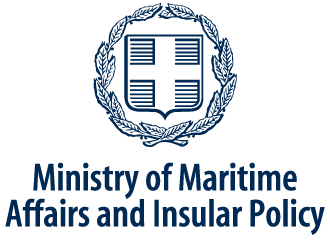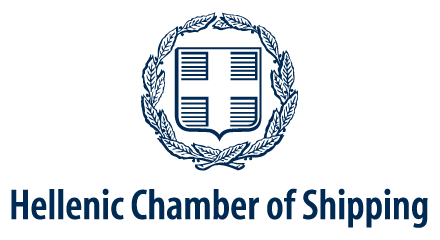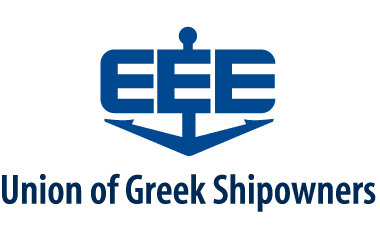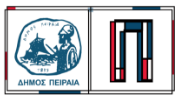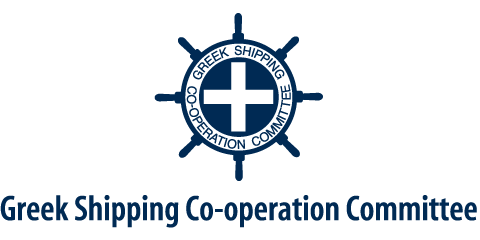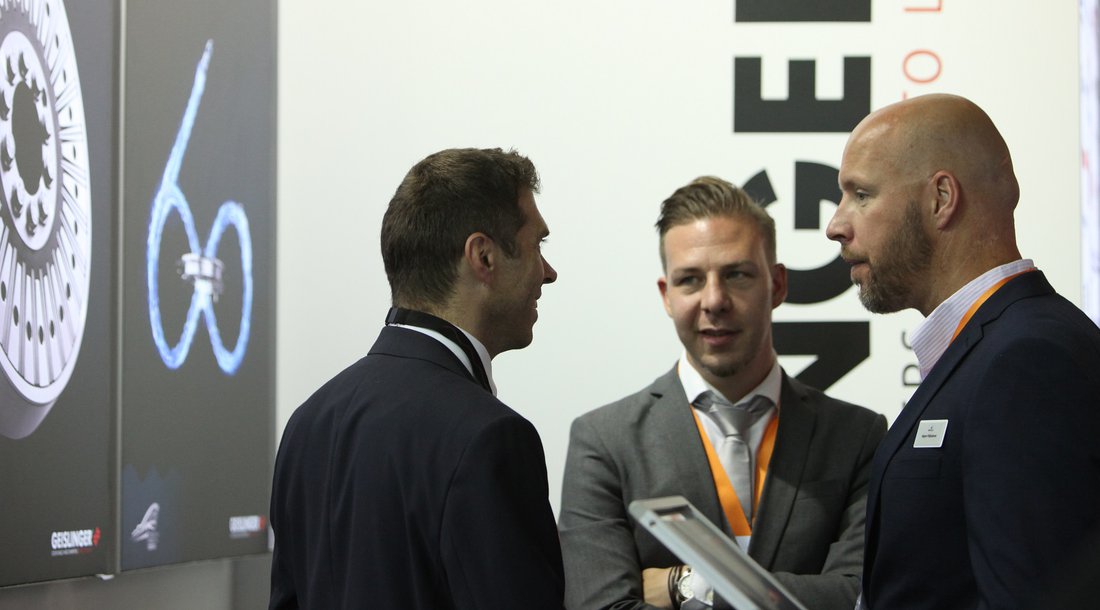
Our industry is on the cusp of applying more challenging emissions reduction measures to its operations than ever before. To support the transition, innovative solutions are paving the way to maximise operational efficiencies for shipowners around the world. At this year’s Posidonia, leading coatings provider, Hempel, will be demonstrating how its Hempaguard range can help support ship owners and operators secure good Carbon Intensity Indicator (CII) scores for their vessels in the long term.
Shipping continues to push towards a decarbonised future following the International Maritime Organization’s (IMO) ambitious Greenhouse Gas emissions (GHG) strategy. This goal was refined when the IMO announced the Energy Efficiency Existing Ship Index (EEXI) and CII, both of which are scheduled to come into force in 2023, and score vessels on efficiency.
The CII measures a vessel’s operational efficiency in grams of CO2 emitted per nautical mile and will apply to all vessels of 5,000gt or over. Ships will receive a rating from A to E, where A is the best.
Each vessel will start with a reference CII, and it’s important to note that if the CII does not drop year-by-year in accordance with IMO’s ever more stringent requirements, the vessel’s rating will get worse. Maintaining a consistently good score of between A to C will soon be a commercial imperative, as IMO is calling on ports and other stakeholders to offer incentives to the owners / operators of low-emissions ships. Further, banks and ship financiers are also rated on how their portfolio is aligned with decarbonisation.
More than 80% of vessels will be affected by the new rules and to establish a good rating, owners and charterers will have to look to every aspect of a ship’s operations to reduce emissions.
Advanced hull coatings improve the hull’s hydrodynamics, which reduces fuel use and associated carbon and sulphur emissions, and can deliver optimal efficiency and a faster return on investment than other available energy efficiency technologies.
Speeding forward
Slow-steaming is one way to significantly reduce emissions, but Hempel has examined data that reveals that for many existing vessels, speed would have to be reduced to such an extent that it would fall below charterparty requirements.
Owners of such vessels are considering the use of one or a combination of energy saving devices, so that speed can be increased, whilst GHG emissions remain low.
One energy saving solution recognised as amongst the most effective for CII improvement a low friction hull coating, such as Hempaguard. This unique range of Hempel coatings is centred around its Actiguard® technology that combines the smoothness of a silicone coating with non-stick properties that significantly reduces biofouling on a vessel’s hull.
The introduction of the CII makes investment in a high-performance hull coating such as Hempaguard relevant not only to the vessel charterer or operator, which has always benefitted from the fuel savings gained, but also the ship owner, who pays for the product but previously received no benefit. After 1 January, owners with low CII scoring ships may struggle to broker leases.
Hempel is exhibiting at Posidonia Stand number 3.411/1. Please visit our stand and get a vessel specific CII & EEXI impact analysis based on a hull coating upgrade.
www.hempel.com



